To increase your vitamin intake, use baked potatoes instead of fried ones and add toppings like rocket. Extra dietary fibre is provided by leaving the skins on.
They are an excellent potassium supplier.
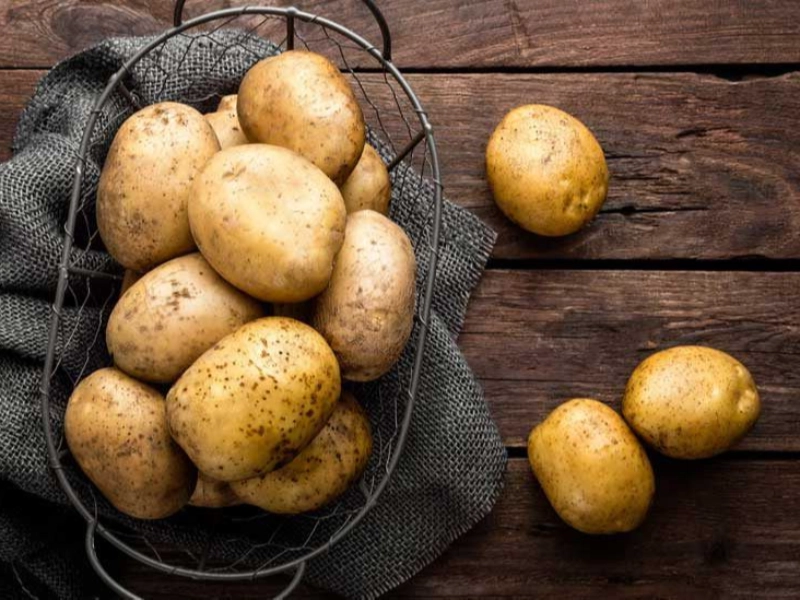
Although they have a terrible image, potatoes are a cheap and wholesome vegetable. They include a decent amount of fibre, potassium, and vitamin C and have few calories. Adrienne Posner, a dietitian intern at UC Davis Health, offers advice on how to incorporate potatoes into your healthy meal plan.
Because they don't contain cholesterol or saturated fat, potatoes are good for your heart. However, it's crucial to refrain from oversalting them and dousing them with butter or sour cream, both of which introduce harmful fats. Choosing boiled or roasted potatoes over fried ones is also a smart option.
Although potatoes can be a great addition to your diet, bananas are also a well-known potassium-rich food. More than 1,000 milligrammes of potassium are present in one medium baked potato with skin, which is double the amount in one banana. In addition, potatoes contain soluble fibre, which lessens the digestion system's absorption of cholesterol. Additionally, this vitamin is important for decreasing blood pressure and enhancing cardiovascular health.
They provide a lot of fibre.
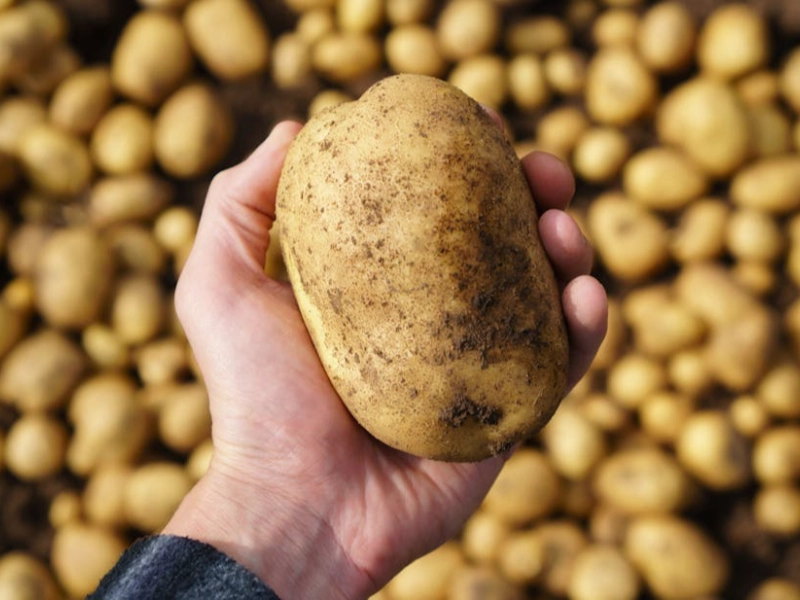
Despite their poor reputation, potatoes should be consumed more frequently. They are both low in calories and rich sources of fibre. They are a fantastic source of vitamins B6 and C as well. Potassium from potatoes is a helpful source for lowering blood pressure. You can eat potatoes to help you get the 650–680 mg of potassium per day for adults that is suggested as part of your diet.
They are also a good source of choline, which is necessary for controlling mood and muscle action. They also include folate, which is crucial for the creation and maintenance of DNA.
However, if you add too much fat to your potatoes, they could become harmful. As an illustration, cooking them in oil adds calories and raises cholesterol. Refrain from adding sour cream and butter to your mashed potatoes. High levels of saturated and trans fats are present in certain foods, which can increase the risk of heart disease. Try skim milk or a healthy alternative to butter instead.
They contain a lot of vitamin C.
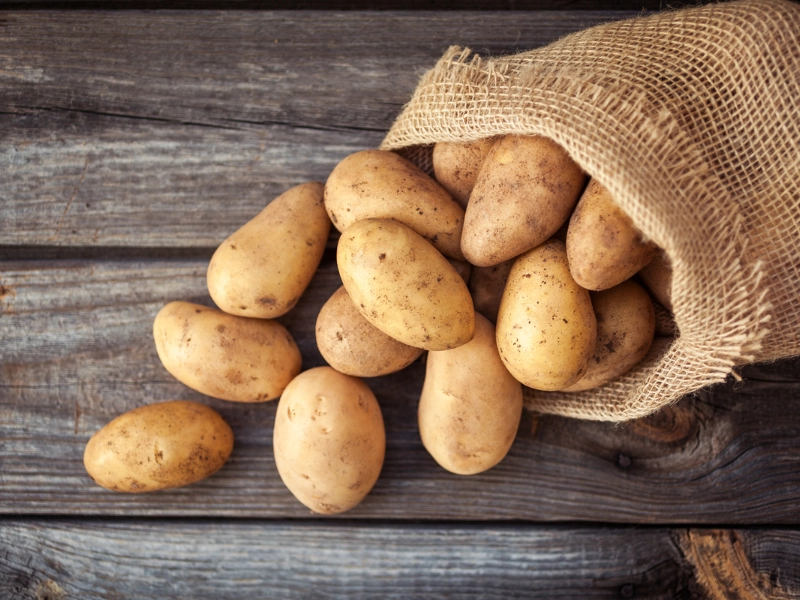
Vitamin C is a nutrient found in potatoes that helps lower inflammation and support healthy arteries. They also have significant amounts of lutein and other antioxidants, which can aid in lowering LDL cholesterol levels. They provide a large amount of fibre as well. A great source of nutrients like potassium, magnesium, folate, vitamin B6, niacin, and manganese, potatoes also have few calories.
Despite their unfavourable reputation, potatoes can be a crucial component of a balanced diet. However, picking the appropriate preparation is crucial. A potato's glycemic index and fat content rise when butter, sour cream, or milk are added. High blood pressure and other health issues may result from this.
The 110 calories and zero fat in a medium baked potato make it a healthy option for many meals. It has a lot of potassium, a mineral that helps control blood pressure, and is naturally free of salt. Additionally, it has the highest amount of potassium per serving of any vegetable.
They are an excellent source of B6.
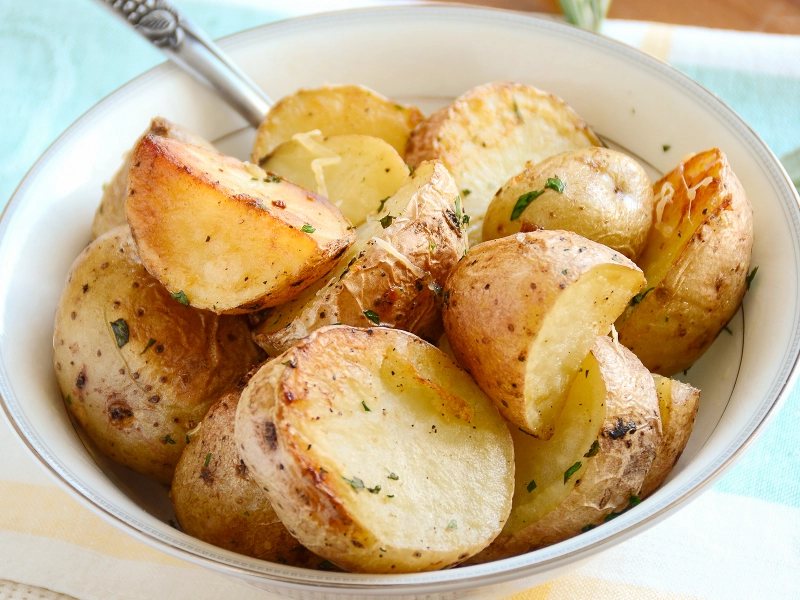
Potatoes are a good source of vitamin B6, which aids in the body's control of glycogen, or the stored energy in the muscles and liver. They also include phytochemicals with antioxidant effects, potassium, and vitamin C. They have zero fat, few calories, and lots of fibre. Additionally, they aid the body's absorption of iron, which is crucial for both growth and development.
Despite being a good source of carbs, potatoes should only be consumed rarely. Other foods that are lower in sodium and saturated fat should be provided with them. Instead of eating fatty French fries, it is advised to consume boiled or roasted potatoes.
When paired with leafy green vegetables like kale and spinach, which are high in lutein, a phytochemical that lowers LDL levels, potatoes are a healthy option. Lean meats, poultry, eggs, beans, nuts, and soy products are also excellent choices. Avoid eating restaurant mashed potatoes if you're managing your cholesterol because they typically contain significant amounts of butter, cream, whole milk, and sour cream.
Advertisement
Recommended Reading: Do potatoes contain a lot of cholesterol?


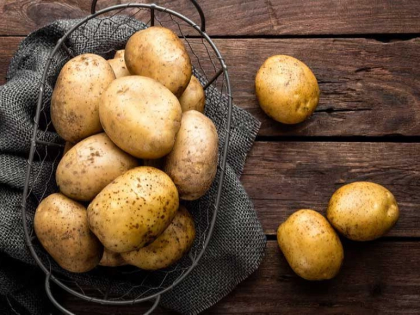

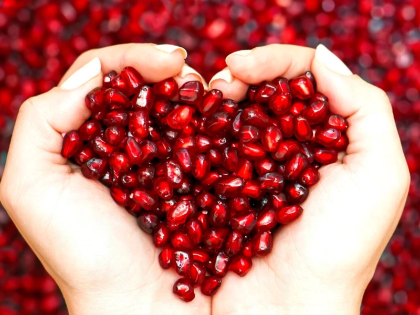





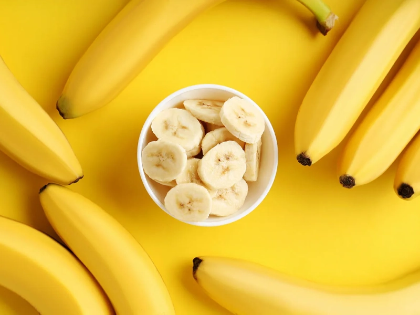

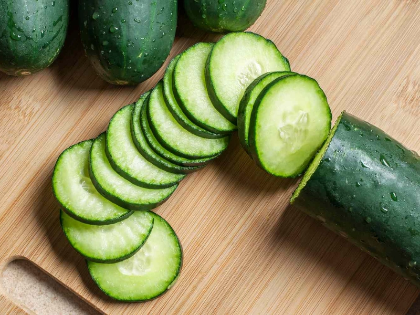
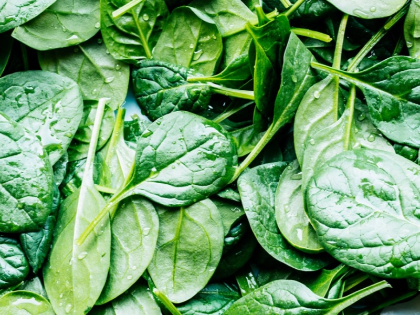
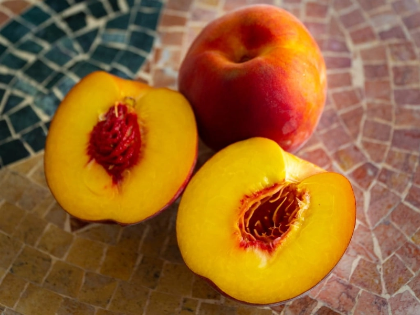


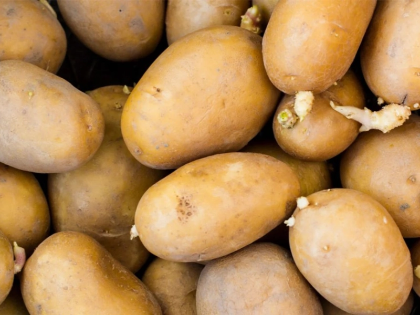
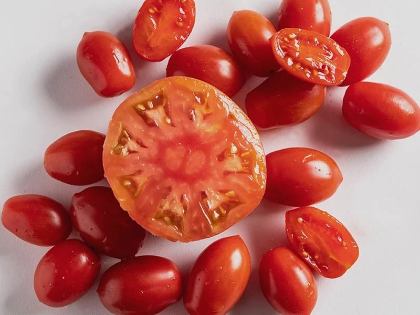
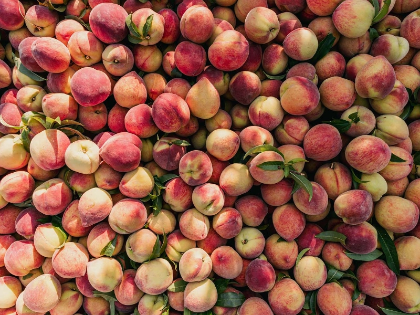

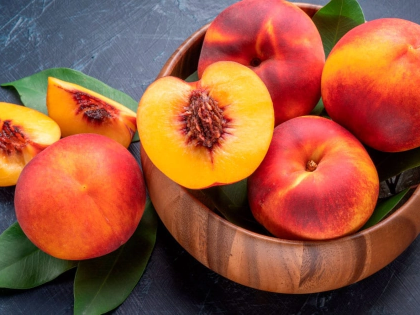

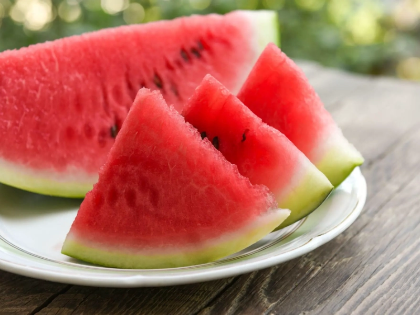
Scales with minimal semantic rewrite.
Ready to apply—who’s in?
Crisp enough to teach.